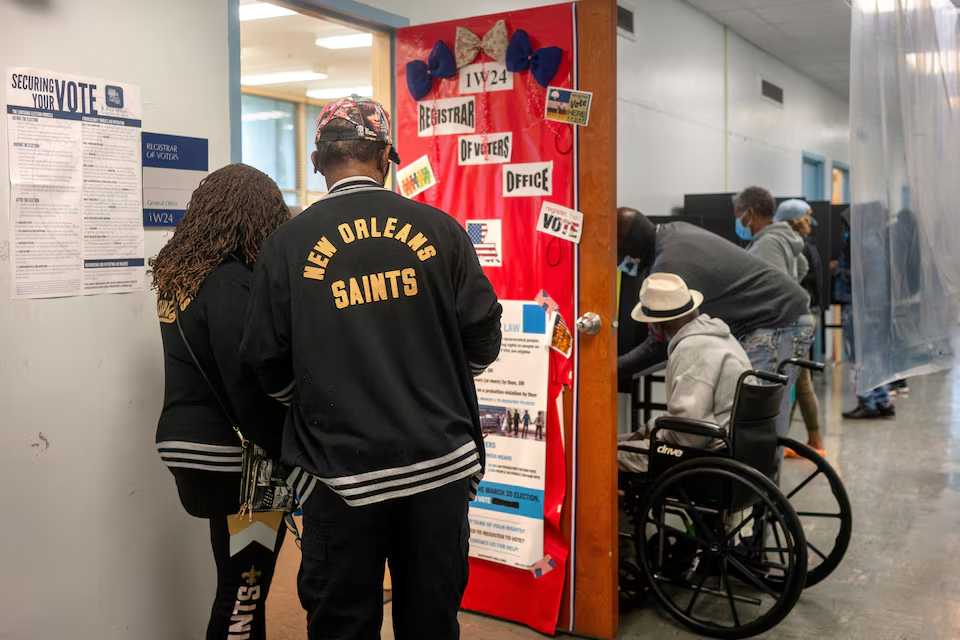- The case marks the latest clash over race and voting maps in the US. Louisiana’s new map adds another Black-majority House district, while Republicans stand to gain if the Voting Rights Act is weakened.
- In the latest battle over racial representation, Louisiana’s redrawn map boosts Black-majority districts in the US House — a move that could shift political power as Republicans seek to curb the Voting Rights Act.
- Amid ongoing disputes over race and voting, Louisiana’s revised congressional map creates an additional Black-majority district, with potential Republican gains if the Voting Rights Act is scaled back
WASHINGTON, Oct 14 (Reuters) – The U.S. Supreme Court is set on Wednesday to hear a Republican-led challenge to the Voting Rights Act, giving its conservative majority a chance to deal another blow to the landmark federal law enacted 60 years ago to prevent racial discrimination in voting.
The dispute concerns Louisiana’s congressional districts. Black voters are challenging a court decision that invalidated a map creating a second Black-majority district, arguing it was based excessively on racial factors and breached the Constitution’s equal protection clause.

Louisiana, where Black people make up roughly a third of the population, has six U.S. House of Representatives districts. Black voters tend to support Democratic candidates.
Section 2 of the Voting Rights Act bars electoral maps that would result in diluting the clout of minority voters, even absent direct proof of racist intent. This provision gained greater significance as a bulwark against racial discrimination in voting after the Supreme Court, in a 2013 ruling authored by conservative Chief Justice John Roberts, gutted a different section of the Voting Rights Act.
If the court similarly hollows out Section 2, according to Harvard Law School Professor Nicholas Stephanopoulos, “the consequences could be very dramatic.”
